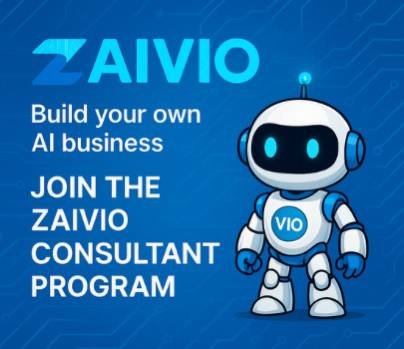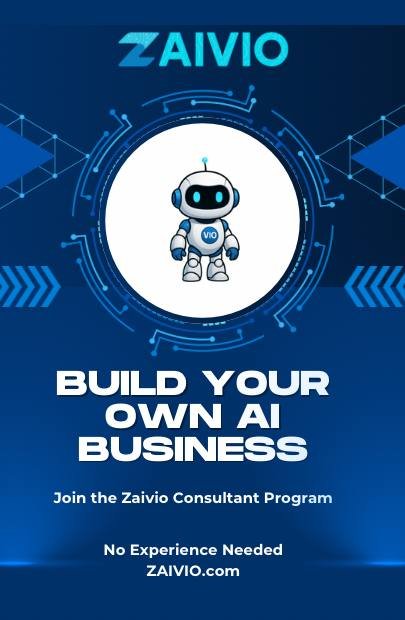
Computer science graduates are increasingly finding themselves turning to fast food and other non-tech jobs as artificial intelligence (AI) reshapes the job market. This shift is largely due to the growing capabilities of AI, which are reducing the demand for entry-level technology positions that recent graduates traditionally filled.
As companies continue to automate tasks, the demand for human labor in specific tech roles has diminished. This leaves many new graduates struggling to find relevant employment within their field of study. The trend underscores a significant transformation in the job market, driven by the rapid advancement of AI technologies.
The mismatch between educational outcomes and market needs is raising concerns about the future of tech education and job security. With AI handling an increasing number of tasks that once required human intervention, the opportunities for new graduates in computer science are becoming more limited. This situation is prompting discussions about the necessity for educational institutions to reevaluate their curricula and career guidance services to better align with the changing landscape.
The implications of this trend could be profound, influencing how educational programs prepare students for careers in technology. Institutions may need to incorporate more training on AI-related skills or alternative tech roles that are less susceptible to automation. Meanwhile, graduates are urged to adapt by acquiring additional skills that could increase their employability in this evolving market.
Ultimately, the challenge lies in bridging the gap between academia and industry needs. As AI continues to advance, the tech sector may see a further shift in what roles are in demand, compelling both educational institutions and students to stay ahead of the curve. The ongoing transformation signifies not only a need for change in educational strategies but also highlights the broader impact of AI on the future workforce.
Some content for this article was sourced from futurism.com.













